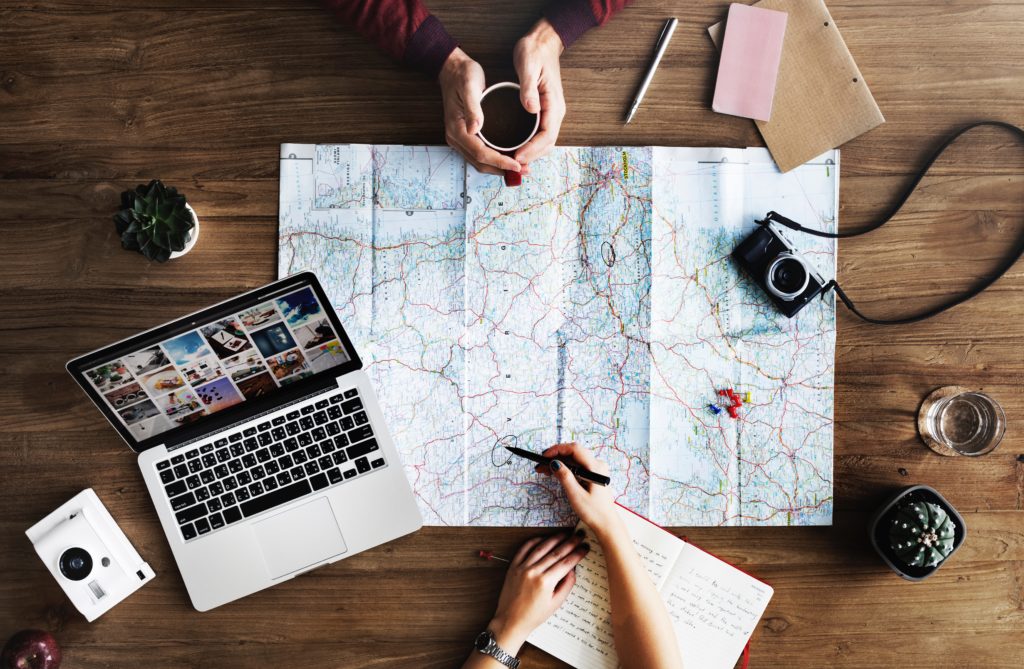Simple Ways to Increase Your Travel Security – Part 1

Whether you are traveling for business or pleasure your mind tends to be preoccupied with the travel tasks at hand. This results in a less security oriented mindset putting you at risk.
Airports and hotels take your safety very seriously. But, that fact is it’s impossible to completely eliminate all threats. You need to take control of our own safety and security.
Below are simple yet effective steps you can take to greatly increase your security whether it’s in your own city, abroad or on a resort. Keep in mind that if you are staying in a high-risk country your security needs will increase greatly.
Do Your Research
The majority of your work will be done prior to departure. Before booking your hotel in a foreign country visit Canada’s Travel Advisories and verify if your destination has any security concerns. E.g. Spending a week in Cuba. A quick search reveals several travel advisories for Cuba including;
Risk of Zika Virus – If you are pregnant or wanting to get pregnant you might want to avoid this destination.
Lack of Supplies – Lack of basic supplies happen often so be prepared.
Telecommunications System – is antiquated and unreliable. Telephone communication is a problem.
The list of travel advisories may not be an issue for you but at least you can prepare.
Another great resource is the CIA World Factbook . This site helps you understand the history of the country you are about to visit as well as its current Geopolitical situation.
Hotel reviews are also a great way to get to hear the experiences of guest staying at your hotel. But, never rely on one site’s reviews. Fake reviews are rampant so visit different sites to get a more honest image.
Medical Considerations
Do you or your accompanying travelers have any special medical needs? How close is your hotel to the nearest hospital? Do have insurance that will be accepted? If there is a medical emergency do you call 9-1-1? These are all important questions you need to answer. If you are staying in North America and Europe the medical responses and services are very similar. If you were visiting a developing or underdeveloped country many do not have 9-1-1 to call, some do not even have ambulances.
Vaccines – visit Canada’s Travel Vaccinations to learn which vaccines you need based on your destination.
Be your own pharmacy – Before your departure your pharmacist can supply you with certain travel medication without a prescription. This usually includes Ciprofloxacin (Cipro), an antibiotic that is used to treat bacterial infections. Also, make sure you bring a surplus of your prescription medication in the event that your return home has been delayed.
Doctors – Better you choose your doctor before your doctor chooses you. Consult the International Association for Medical Assistance to Travelers to find a list of English-speaking doctors who specialize in treating travelers.
Embassies/Consulates
In the event that your passport is stolen or lost knowing where the closest embassy or consulate is located is imperative. Also, if there’s a terrorist act, letting your government know where you are will help with evacuation, if need be. If you are a Canadian, the Australian and Swedish offices are available to assist Canadians. Here’s a list of Embassies and Consulates abroad.
Part II coming soon.

© The Solutions Risque Blog is written by Solutions Risque a Montreal Private Investigation firm www.solutionsrisque.com. Permission is hereby granted to those who wish to share or copy this article.
In those instances, the following credit statement must be included “The Solutions Risque Blog is written by Solutions Risque a Montreal Private Investigation firm www.solutionsrisque.com. Inquiries regarding Solutions Risque should be directed to info@solutionsrisque.com“
